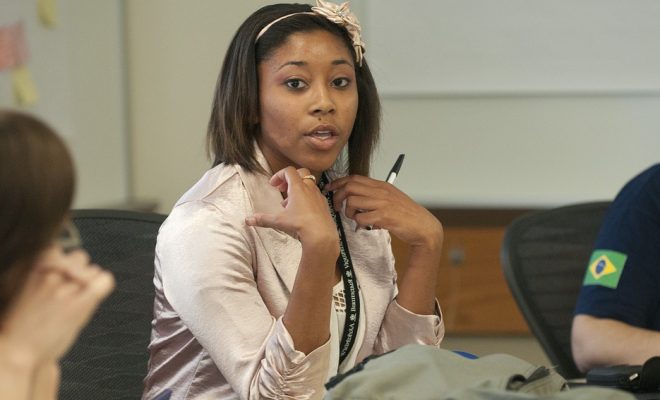3 Startling Facts about Ivy League Schools

Ivy League schools are prestigious, with many students vying for acceptance and few actually earning a spot as an attendee. However, their reputation does not reveal the whole picture about these schools. For example, are these schools really worth the hefty price tag? Here are three interesting facts that should get you thinking about Ivy League schools a little differently.
1. Ivies are among the wealthiest schools in the nation. The truth is that attracting the best and brightest to one’s campus is always easier when money flows as freely as spring water.
According to a report by Moody’s Investor Service, Americans colleges and universities are developing a wealth gap problem.
“One third of all assets held by colleges and universities” are with the country’s 10 wealthiest universities.
A few on the list include Harvard, Texas, Stanford, Yale, MIT, and Duke. Of the top ten, three are public universities. The rest are private.
Harvard, perhaps the nation’s most prestigious university, is also the country’s richest. In terms of wealth, Harvard is stout with $42.8 billion. That’s almost $10 billion more than the University of Texas, which comes in second.
The report also states that the country’s richest schools “capture the bulk of charitable gifts flowing to higher education” to the tune of 60 percent.
But one of the more interesting portions of the study lands with how many schools collect their revenue. The collection of tuition and student fees at the country’s top 20 private educational institutions has a median of 15 percent. That number jumps to 46 percent for public colleges.
Moody’s report concludes that because of the recovering economy and stock market, university endowments for the country’s wealthiest schools have aided in their increased wealth.
2. Ivy League schools are not an instant payoff for graduates. For people seeking the cushiest early-career salaries, the Ivy Leagues aren’t paying off instantly.
Princeton, Harvard, Yale and Columbia don’t make it into the top 30 universities for starting salaries. University of Chicago, a tie for fourth, doesn’t make the top 200.
The top three schools? The U.S. Naval Academy, Harvey Mudd and West Point.
The list of schools that prepare students for a career with a high starting salary post-graduation day include many other elite military and tech schools, according to a report by PayScale that surveyed 1.5 million employees with degrees from over 1,000 colleges.
Graduates of the United States Naval Academy at Annapolis earn a median annual salary of over $80,000 over their first five years post-graduation, earning the school the top number of surveyed schools.
The PayScale survey tells us that Princeton, the highest performing Ivy League school offers its graduates a median starting salary of $60,000 – earning is the 34th highest in the country.
The nation’s traditionally elite schools distinguish themselves with a salary growth near graduates’ mid-career. Graduates from Ivy League and like schools see their pay jump significantly when they are more than ten years past graduation.
3. Actually, high college tuition may not correlate with high earnings at all. Saving a year’s worth of salary for one year of higher education at Harvard may yield great career results for some but that may not be true for all.
According to U.S. News and World Report, a recent Brookings Study shows that “other schools may either not cost as much and yield a similar salary and success of loan repayment, or they may cost about the same but generate higher earnings potential.”
Harvard is a small sample size and represents a limited portion of the zenith of college costs. But, in essence, the study shows that one may earn just as much for the duration of their career by attending a college with cheaper tuition.
That’s not a knock against Harvard as students, and their parents, are free to choose any school that matches with their educational goals.
This is an alternative that students have always taken. Take Ronald Nelson, a student who was accepted to all eight Ivy League schools.
Instead of choosing a prestigious Ivy League school, and the tuition that came along with it, Nelson went with the University of Alabama.
He said that Alabama “offered him a full scholarship and admittance into their selective honors program.” Nelson also wants to save for medical school and states that going to an Ivy League higher education institution would not allow him that luxury.
Students and parents have to make the decision that’s best for them. Rising costs of higher education will likely force more students to choose cheaper schools over ones with higher tuition rates.




